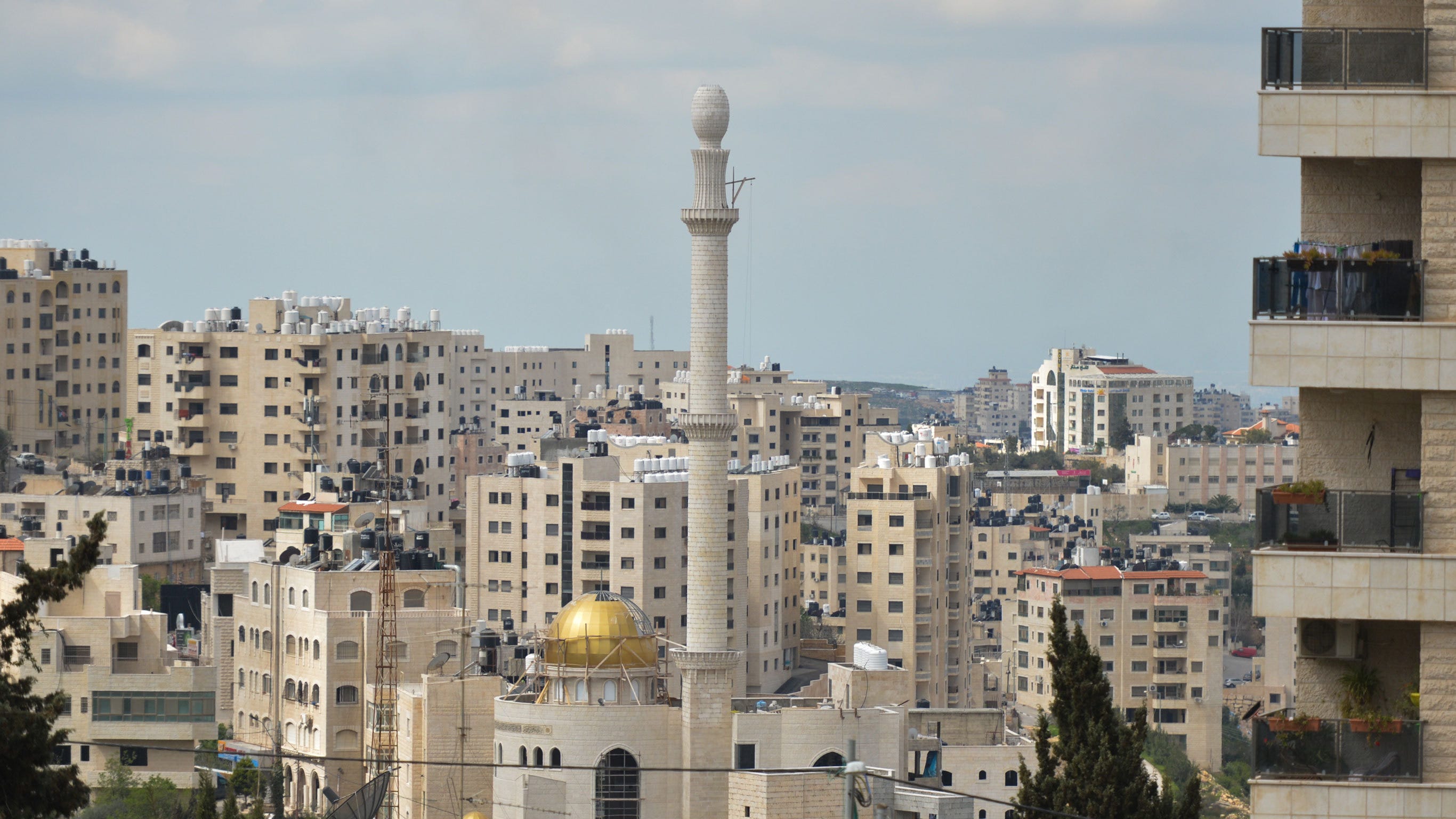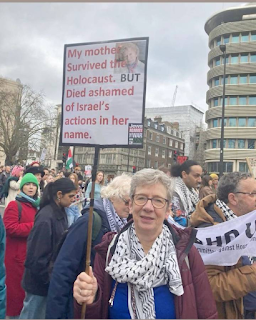Confronting The Occupation (Israel-Palestine)
Confronting the Occupation
(Israel-Palestine)
KINGDOM OF OLIVES AND ASH: Writers Confront The Occupation (Editors: Michael Chabon and Ayelet Waldman) is a powerful, gut wrenching collection of writings. Anyone concerned about the Palestinians should definitely read this book! Four hundred and seventeen pages of personal stories greatly horrified me. I saw a most vivid, consistent, picture of the Jewish Israeli State methodically dehumanizing and oppressing the Palestinians. It is an apt parallel to (the incredible movie) Promising Young Woman (see: http://georgesworldonthewater.blogspot.com/2021/01/promising-young-woman.html). The movie shows how men deny rape, and protect each other through enforced silence. Chabon and Waldman’s writers vividly expose our systemic denial of the humanity of Palestinians!

Reading this book, I wonder why so few Palestinians attack and kill West Bank “settlers”. Many settlers and soldier cruelly inflict daily extreme hurt upon Palestinians. Palestinians have lived here for centuries. Apartheid in South Africa was horrible. We are seemingly blind to equally horrific Palestinian truths such as:
1. One can never get a building permit. One’s home may be repeatedly “legally” demolished, because its construction/remodel was done without a permit,
2. Teenage/young-adult men’s (trial) conviction rates are well over 99% (while many others are detained endlessly without charges or trial),
3. Israeli soldiers keep “order” in the West Bank. They watch while settlers attack Palestinians. If the Palestinians resist the attacks, they are arrested.
4. Palestinians are frequently seemingly randomly stopped for “security reasons”. Established and “special” checkpoints slow movement, both in vehicles and on foot, for up to multiple hours. Roads are also seemingly randomly closed.
The stereotyping of Palestinians sounds like the Nazi’s descriptions of Jews! They are seen as sub-human. Being Jewish, I feel empathy is important, recognizing how we have been oppressed and killed. Hatred and fear seem highly, highly wrong to me!

Stories also describe survivors of brutal killings on both sides gathering together. They are seeking a just peace. They are trying to end the killing and hurt.
Quotes from the book illustrate a lot.
(A Palestinian Israeli citizen is shopping at a mall in Haifa.) Seeing an assistant, I pointed to a dress, asking her for the right size to try. “Those are the last pieces!” the sour-faced woman snapped and walked off. … and there’s a “flavored” chutzpah of Israelis loaded with a tacit sense of dislike and contempt for dealing with Palestinians. Thus, when a more cheery-looking assistant bounded up to us to help, we were grateful.
Grateful, you see, for being treated like human beings, “despite” being Palestinian.
I tried on the dress. “Wow!” the assistant exclaimed as I came out of the fitting room. Okay, so I understand she was flattering me because she wanted to sell, but I smiled, nonetheless. Then she added: “You’re so beautiful; one would never think you were an Arab!” (p.345–6)
From that moment I developed a deep need for revenge. I became part of a group whose mission was to get rid of the catastrophe that had come to our town. We called ourselves freedom fighters, but the outside world called us terrorists. (p.396) …But this movie, it pushed me to understand them. I found myself crying and feeling angry that the Jews were being herded into gas chambers without fighting back…. (referring to a prison guard who was a settler) Some months later the guard came back and sat down to talk to me. His face was changed somehow. He said he understood now that we were not the settlers. We were the oppressed. (p.397)
I decided that peace would only work if we could begin to make a connection with the Israelis. Because for more than one hundred years we have tried to kill each other, defeat each other, tear each other apart. And what do we have? Israel is not safe, and Palestine is not free. And every day, every week, every year, more blood, more pain, more victims, and we don’t even think about it. (p.398)
Essentially we discovered that we were the same. We realized that we wanted to kill each other to achieve the same thing- peace and security! Of course, each one has a different point of view: they are occupiers: we ae under the occupation. We have the right to resist, and to use our struggle. But in the end we are dying, we are killing each other. We had to find another way to survive together. (p.399)
I want to bring this man to justice because he killed my ten-year-old daughter: not because he’s an Israeli and I’m a Palestinian but because my child was not a fighter. She was not a Fatah or Hamas member. She was out buying candy. For there to be reconciliation, and for me to consider forgiveness, Israel has to recognize such crimes.
Abir’s murder could have led me down the easy path of hatred and vengeance, but for me there was no return from dialogue and nonviolence. It eventually pushed me to finish my master’s degree in 2011 on the Holocaust in a program in England. And to do this work for peace. After all, it was one Israeli solder who shot my daughter, but one hundred former Israeli soldiers who built a garden in her name at the school where she was murdered. (p.400)
(Bassam’s (the Palestinian quoted above) Jewish presentation partner) “The thing I had to learn to understand”, continues Rami, “is that the killer of my daughter is a victim too.” (p.401)
A doubting reader may initially believe that some of the stories in this book are exaggerated, or even false. The overwhelming common themes, may help such a reader recognize the lie(s) that most of us have been taught over many years.
In the Afterword, it states:
Breaking The Silence is made up of Israeli soldiers who served in the occupied territories. We are the combatants who carried out Israeli government policies in the occupied territories over the past fifty years. We implemented aggressive military mechanisms of control. We strong-armed millions of human being into submission. We stripped people of their basic rights, their freedom, their ability to determine their own faces. … Breaking the silence, for us, entails taking responsibility for our actions, and demanding that the situation be changed. It is an expression of love for our homeland, and our deep fear for the future. (p.419)
This book makes me both very: sad and angry! I had strong feelings before reading this book. My feelings have been greatly triggered by so many examples of so much.

In concluding this writing crying, barely being able to see my computer, I want to greatly appreciate the warmth and generosity of one author I quoted above. This individual responded to my reaching out to them. They did/do NOT owe me anything! I owe them a lot! I will try, but, do not believe I will ever be able to — fully repay this debt.





Comments
Post a Comment